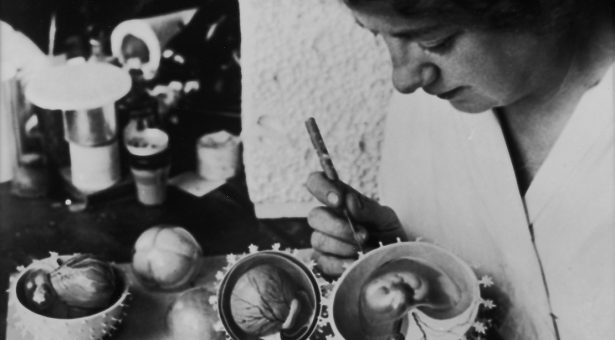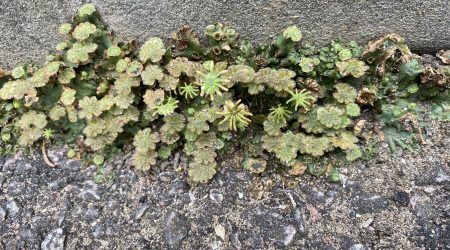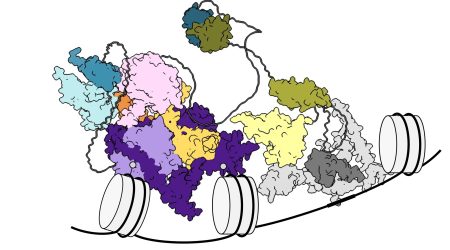Innes Lecture 2021 – Visible Embryos: A History of Human Development

The Innes Lecture 2021 will be given by Professor Nick Hopwood.
Due to the Covid-19 pandemic, this year’s lecture will take place on Thursday 22 April and will be held online.
Synopsis
We are used to seeing images of human embryos and fetuses everywhere: in classrooms, clinics and on the news.
We share ultrasound scans and use images to learn about human origins. Though debates over evolution and abortion sometimes make these pictures controversial, we tend to take them for granted.
But 250 years ago human development was nowhere to be seen. How did we get here?
This year’s Innes Lecture explores the links between two challenges: producing images of hidden objects and controlling human reproduction.
It shows how gynaecologists, anatomists and artists collected material from miscarrying women, and later from operations, to construct developmental series that ever wider audiences saw in books, exhibitions, magazines and films. It highlights the crucial shift, with in vitro fertilisation and ultrasound, to viewing living embryos and fetuses that could develop into babies.
Speaker Professor Nick Hopwood biography
Nick Hopwood is Professor of History of Science and Medicine in the Department of History and Philosophy of Science at the University of Cambridge.
He is, most recently, the author of ‘Haeckel’s Embryos: Images, Evolution, and Fraud’ (Chicago, 2015), which won the Suzanne J. Levinson Prize of the History of Science Society, and co-editor of ‘Reproduction: Antiquity to the Present Day’ (Cambridge, 2018).
Nick holds a Leverhulme Major Research Fellowship to write ‘The Many Births of the Test-Tube Baby’. He grew up in Norwich.
- The image at the top of this page shows modeller Ella Lippmann, finishing a wax embryo at the German Hygiene Museum, Dresden before 1945. Credit: German Hygiene Museum, Dresden.



